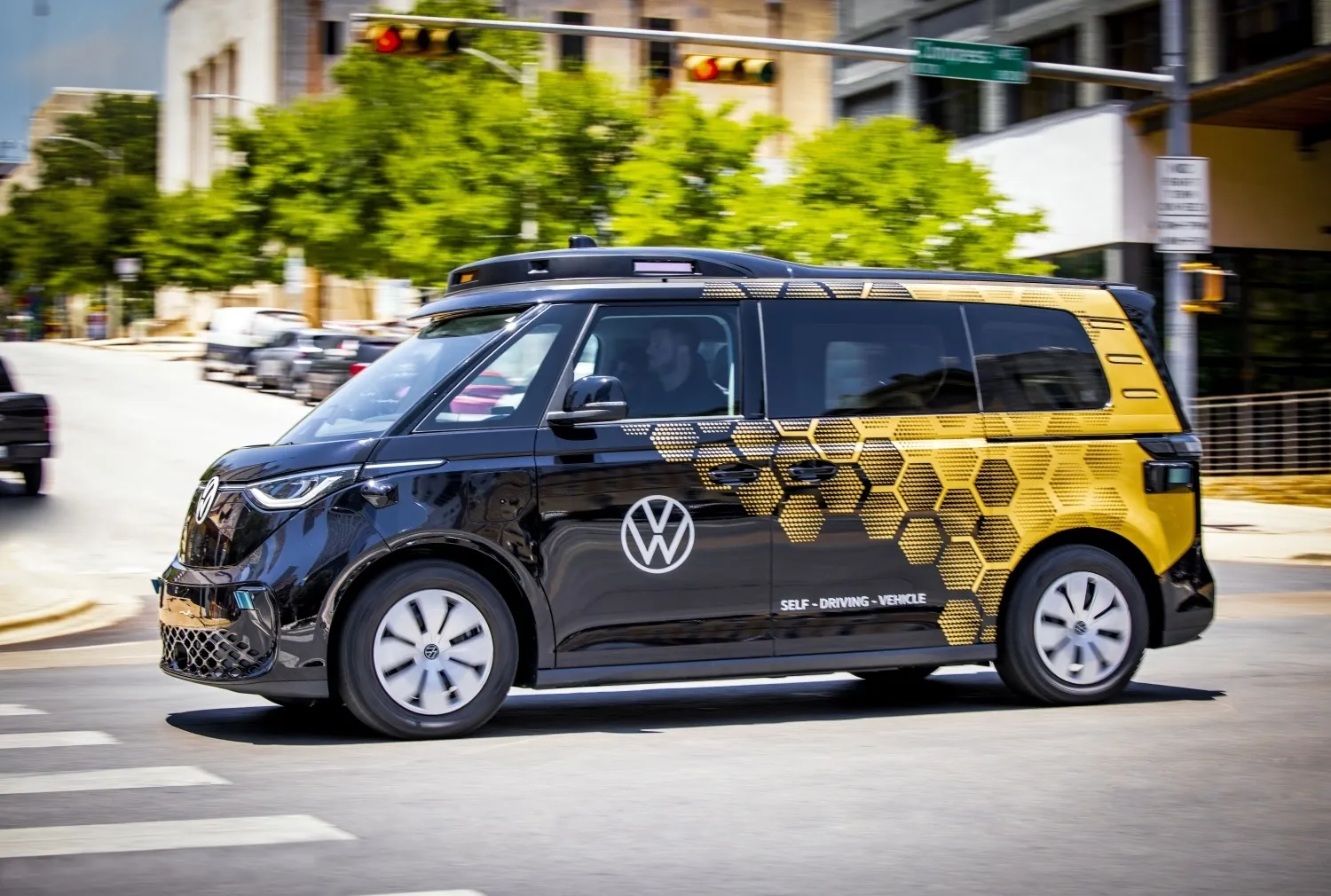
Volocopter has announced that the US Federal Aviation Administration (FAA) has accepted an application which it says sets the basis for deploying electric air taxis.
Florian Reuter, CEO of Volocopter, says: “From the beginning, we have considered the US an important market for our services. Certification is the key to this market.”
The urban air mobility (UAM) start-up says it developed the VoloCity air taxi to meet the growing demand for better intra-city mobility in cities like Los Angeles, New York City, San Francisco and Washington, DC.
According to Volocopter, these air taxi services would promote local job opportunities, save people time and reduce costs associated with spending hours in traffic by flying over it.
The company's business plans are aimed at providing air taxi services at costs comparable to regular taxi services.
Outside the US, Volocopter is in the process of receiving the European Union Aviation Safety Agency (EASA) Type Certification for VoloCity.
It expects to receive EASA certification for commercial launch within the next three years followed immediately by the FAA validation.
Additionally, Volocopter is developing VoloIQ, an open application programming interface (API) platform for the UAM industry.
The company insists this solution will provide the industry with operational safety, partner integration for infrastructure and suppliers and productive regulator and city collaboration for implementing these services.










